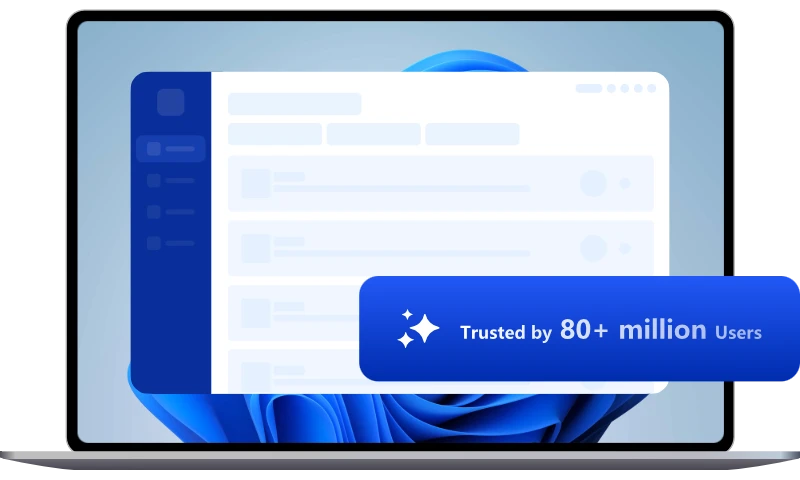Concerns That May Make You Hesitate to Upgrade to Windows 11
Windows 10 will get upgrades until 2025, but just a handful will be released each month. And only to address severe flaws. Any yearly update will also be made available to help enhance the system. Although the most of the new functionality will most likely be held for Windows 11.
With the release of Windows 11, Microsoft has done a lot of things well. However, the happy sentiments are starting to dissipate as time passes. While the news about the future of Windows 10 is equally concerning. Microsoft appears to want to prevent what happened when many people delayed upgrading from Windows 7 to Windows 8 or 10.
Microsoft is increasing the promotion of Windows 11
Windows 10 will get upgrades until 2025, but just a handful will be released each month. And only to address severe flaws. Any yearly update will also be made available to help enhance the system. Although the most of the new functionality will most likely be held for Windows 11.
Considering the uproar over Windows 11's hardware requirements, which prohibit it from being installed on many relatively recent machines with plenty of power, Microsoft is definitely grating on the nerves of some of its consumers.
The business has begun to extend an invitation, allowing a few more PCs to run Windows 11. Especially in light of another issue that many users are experiencing - computers equipped with AMD processors, which account for a sizable market share, are having difficulty running the most recent Microsoft operating system. These problems are so serious that not even the patches that have been released in the form of updates have been able to solve them.
It is particularly startling that Microsoft has announced the release of Windows 11 SE despite the fact that it is almost literally being forced to replace devices that should have a long life ahead of them. This version may be run on almost any machine. Some of them are even older. Because, like Chromebooks, it is mostly cloud-based.
However, Microsoft has opted to distribute this edition to manufacturers for use on educational machines. As a result, many people are unable to access it. Something that befuddles me given that it can deliver a seamless user experience on PCs that do not support Windows 11 or can only run Windows 10 with difficulties.
Another thing we're looking forward to is one of the most talked-about: Android app compatibility with Windows 11. Although some users have been able to install the Amazon App Store, from which Android applications may be downloaded, they have discovered that the majority of the apps available are games. This reduces its use for the time being.
Instructions for installing any Android application, including Google's Play Store, on Windows 11 have begun to circulate. However, more was expected from Google's system support. Many people would be won over if Windows 11 could effortlessly launch any software from the world's most popular operating system. However, that would very certainly have necessitated some sort of collaboration with Google. Something that does not appear to be likely.
Last but not least, Microsoft has released a version of Windows 11 that is compatible with mobile ARM CPUs. This is significant given the excellent efficiency of ARM processors in Apple's Macs.
Windows 11 is still a system in improvement
For the time being, Windows 11 will be unable to run with the efficiency that Macs equipped with these CPUs are exhibiting. The issue, however, is with the hardware makers. They have not opted to release chips capable of competing with Apple's processors. Only Qualcomm has indicated an interest in producing these computer chips, but we should not anticipate them to be accessible anytime soon.
Despite these flaws, we still give this new operating system the benefit of the doubt. Because it is a sincere attempt to overcome the problems that have long afflicted Windows.
If Microsoft makes an attempt to widen the range to more PCs, or develop a light version; address the difficulties with AMD processors once and for all; and enhance compatibility with Android applications, we will be looking at one of the greatest operating systems Microsoft has ever created. But for the time being, we must wait, and some may want to stick with Windows 10 until things change.

